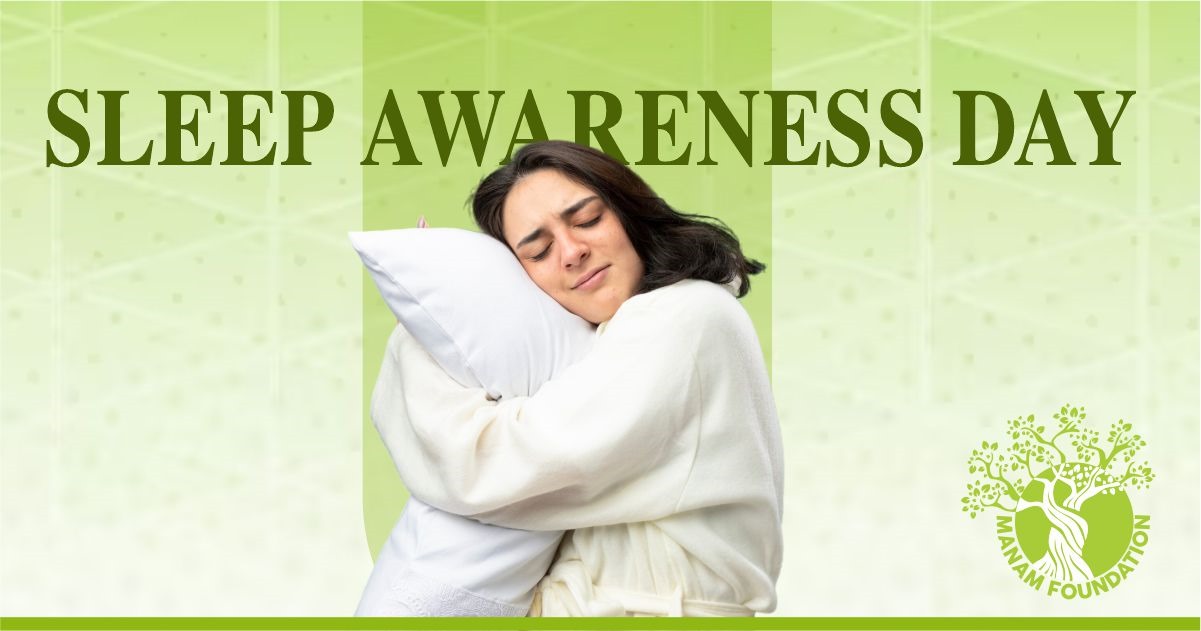SLEEP AWARENESS DAY
Who does not love to sleep, everyone does. But so many people are suffering for not having a good sleep, or some also for weeks just can not sleep. And people mostly say it is nothing like that you are just acting but it is a huge problem for that person to deal with. Because for some people it might be as much as serious than the person who is facing problem with sleep.
March is the National Sleep Awareness Month, a time dedicated to illuminating the critical role sleep plays in our lives. Beyond simply acknowledging the hours spent slumbering, this month invites us to delve deeper into the realm of sleep quality and its profound impact on our overall well-being.
The Impact of sleep or lack thereof extends far beyond simply feeling tried. Quality sleep is essential for optimal physical, mental, and emotional health. Here is how it affects people:
1. Physical Health
Sleep is crucial for physical restoration and healing. It plays a vital role in regulating hormones that control appetite, metabolism, and immune function. Chronic sleep deprivation is linked to an increased risk of obesity, diabetes, heart disease, and weakened immune system.2. Cognitive Function
Sleep is essential for cognitive processes such as concentration, memory consolidation, and problem-solving. Lack of sleep impairs attention, decision-making, creativity, and reaction times. It can also contribute to accidents and injuries.3. Mental Health
Sleep and mental health are closely intertwined. Good sleep is associated with better emotional regulation and resilience to stress. Chronic sleep problems are linked to mood disorders like depression and anxiety. Conversely, mental health issues can disrupt sleep patterns.4. Quality of Life
adequate, restorative sleep is essential for overall well-being and quality of life. It contributes to feelings of vitality, emotional stability, and overall life satisfaction.Sleep disorders encompasses a range of conditions that affect the quality, timing, and duration of sleep, leading to difficulties in falling asleep, staying asleep, or experiencing restorative sleep. Here is some common type of sleep disorders:
Insomnia Insomnia involves difficulty falling asleep, staying asleep, or waking up too early and being unable to fall back asleep. It can be caused by stress, anxiety, depression, medical conditions, or poor sleep habits.
Parasomnias Parasomnias are abnormal behaviours or experiences that occur during sleep. Examples include sleepwalking, sleep talking, night terrors, and REM sleep behaviours disorder (acting out dreams).
Here are some ways to make people know about sleep awareness:
Expand sleep health promotion and sleep prevention awareness.
Develop partnership and collaborations to improve education and awareness about sleep hygiene.
Improve provider knowledge and skills about sleep health promotion.
Identify and disseminate sleep health-related policies.
Seeking professional help and diagnosis is crucial for effectively managing sleep disorders. Treatment options may include lifestyle modification, behavioural therapy, medication, medical devices, depending on the specific disorder and its underlying causes.
By raising awareness, promoting healthy sleep habits, and seeking appropriate treatment, individuals can take proactive steps towards better sleep and improved overall health. Remember, prioritizing sleep is essential for optimizing physical, mental, and emotional well-being.
Contact us today!
Follow Us On:-
https://www.facebook.com/manammindfreehttps://www.instagram.com/manammindfree/
https://twitter.com/reachmanam
https://www.linkedin.com/in/manam-foundation-15243a191/





